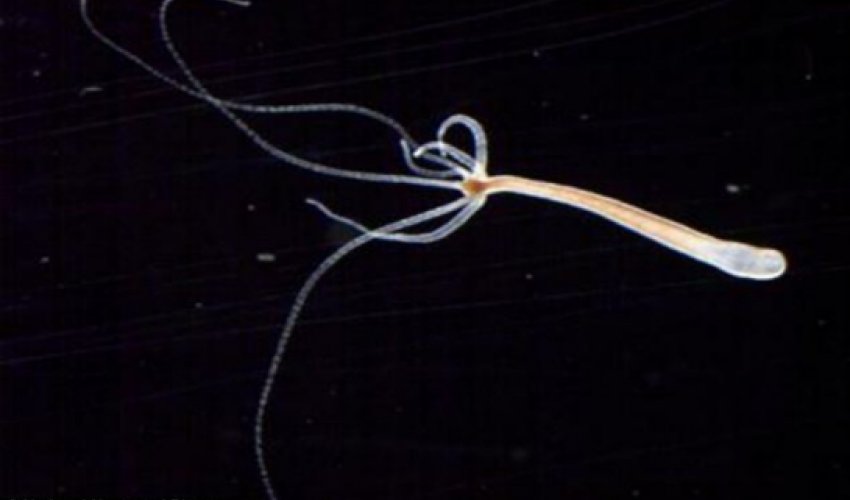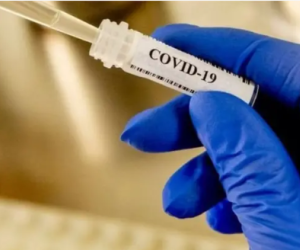Want to live forever?

People dreading the passing of their dog or cat, could find that an unusual marine creature might prove the perfect pet.Scientists claim a certain kind of a freshwater polyp is ‘effectively immortal’ and some other species actually become stronger with age.Hydra magnipapillata, a microscopic animal with a tube-like body comprised of tentacles, a mouth and adhesive foot, may not be a pet that people can cuddle up with, but it is almost completely unaffected by the ageing process.Scientists looked at ageing in 46 different species including mammals, plants, fungi and algae.While humans, mammals and birds were found to weaken with age, other organisms such as tortoises and certain trees become stronger.Evolutionary biologist Dr Owen Jones, from the University of Southern Denmark, said: ‘Many people, including scientists, tend to think that ageing is inevitable and occurs in all organisms on Earth as it does for humans; that every species becomes weaker with age and more likely to die. But that is not the case.’The team studied ageing in species from oak trees and seaweed, roundworms and lice, to lions and baboons.They examined 11 mammals,12 other vertebrates, 10 invertebrates, 12 plants and one algae.‘The diversity of mortality and fertility patterns in these organisms surprised us and there is clearly a need for more research before we fully understand the evolutionary causes of ageing and become better able to address problems of ageing in humans,’ Dr Jones said.Ageing in mammals and birds has been studied by scientists in the past, but this study, which was published in the journal Nature, looked at the relatively unexplored area of ageing in other groups of vertebrates, invertebrates, plants algae and fungi.Amazingly there are species that have constant mortality and are unaffected by the ageing process.The freshwater polyp Hydra magnipapillata has constant low mortality and in laboratory conditions its risk of dying is so low that it is effectively immortal.‘Extrapolation from laboratory data show that even after 1,400 years five per cent of a hydra population kept in these conditions would still be alive’, said Dr Jones.For many species mortality increases with age, a pattern seen in most mammal species including humans and killer whales, but also in invertebrates like water fleas.However, other species buck the trend by experiencing a decrease in mortality as they age.For example, the desert tortoise experiences its highest mortality early on in life and is decreasingly likely to die as it ages and can live for up to 80 years.Many plant species, such as the white mangrove tree, follow the same pattern.Several species, including rhododendrons, common lizards and hermit crabs, show very little change in mortality throughout their life course.The researchers also looked at fertility patterns of the 46 species and found they varied greatly, while human fertility is characterised by being concentrated in a relatively short period of life. However, there are also species - particularly plants - that become more and more fertile with age, such as the agave, which is found in Mexico and South America.The nematode worm or roundworm starts its life fertile and then suddenly loses the ability to reproduce.The scientists concluded a species can have increasing mortality and still live a long time, or have declining mortality and still live a long time.‘It makes no sense to consider ageing to be based on how old a species can become,’ said Dr Jones. ‘Instead, it is more interesting to define ageing as being based on the shape of mortality trajectories - whether rates increase, decrease or remain constant with age.’(dailymail.co.uk)ANN.Az
Latest news 
Business
17:30
World
16:30
Society
15:30
Political News
14:35
Political News
14:30




































 Photo
Photo 



 Video
Video 

